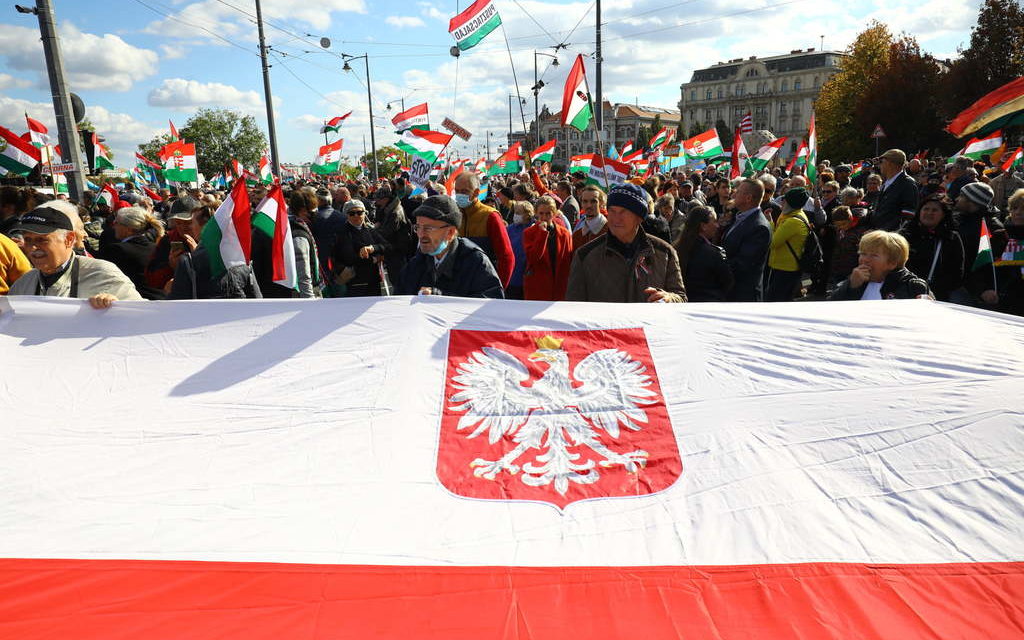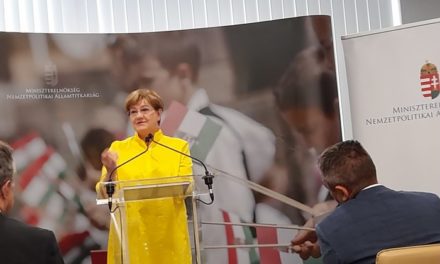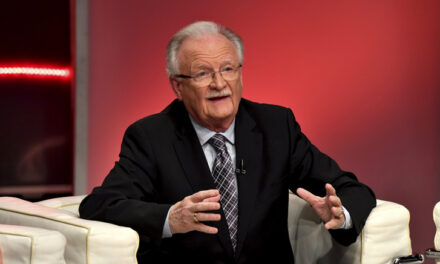The most decisive interstate relationship of the past centuries, which very quickly developed into friendship in Central Europe, was the relationship between the Kingdom of Hungary and Poland. The nearly thousand-year-old friendship - if we look for its starting date - goes back to our King Saint Laszlo, whose mother was the Polish princess Richeza from the Piast dynasty. Our Knight King was born in Poland around 1040.
During the time of our ruler Louis the Great, Europe's most significant state structure was created, the common state, the Hungarian-Polish Personal Union, which was a worthy counterweight to the mighty German-Roman Empire in terms of its territory, economic and military power. During the anti-Turkish wars, the Christian Polish state helped the warring Kingdom of Hungary in many ways:
János Sobieski, King of Poland, personally led his troops of Kashubs and Polish braves during the Turkish siege of Vienna in 1683, in order to defeat the Ottoman troops at Párkány and thereby liberate the center of Hungarian Christianity, Esztergom.
The Kurucs of the Rákóczi era found refuge on Polish soil after the fall of the freedom struggle, and even the prince himself reached Rodosto by touching Szandomír, Warsaw and Gdansk, where he closed his eyes forever.
In 1848-49, József Bem and the volunteers of the Polish Legion assisted in regaining the freedom of the Hungarians groaning under the Habsburg yoke, it was not General Bem, or as Petőfi wrote, the "bloody star of Ostrolenka", that the freedom struggle was finally defeated with the help of the tsar.
In the hell of the First World War, Hungarian and Polish soldiers suffered from Russian superiority on the Eastern Front, the fortress of Przemysl and the Battle of Limanowa lived as painful memories in the lives of many Hungarian and Polish families. Nearly 120,000 soldiers fell into Russian POW near the Galician city of Przemysl, including the excellent poet Géza Gyóni, who unfortunately the Marxist historians tried to erase from memory and literature books.
After the German and Soviet occupation of Poland in 1939, the Hungarian state was the first to lend a helping hand to Poland:
With the effective support of Count Pál Teleki of Balatonboglár, he established the only functioning Polish high school in Europe, provided shelter and bread to tens of thousands of Poles, and even helped thousands of Polish soldiers to reach the Allies through Yugoslavia, where these patriots then took part in the defense of England, in the Battle of Monte-Cassino and in the European war against the Germans in fights. In return, the victors pushed Poland into Stalin's lap...
During the decades of communism, Polish and Hungarian intellectuals sought each other illegally in most cases. On joint holidays and camps, poet Sándor Csoóri, translators Grácia Kerényi, Erzsébet Szenyán and journalist Attila Szalai met such famous Poles as poet Tadeusz Nowak, writers Tadeusz Konwicki, Wisława Szymborska, or even Anna Walentynowicz, the legendary activist of the Solidarity movement.
The years following the regime change pushed the friendship of the two peoples into the background somewhat, both societies turned towards the West, somewhat neglecting the existing relationship between Warsaw and Budapest.
The revival of Visegrad Cooperation in 1991 by Prime Minister József Antall brought the states of the region together again: the economic and cultural relations of the Czech Republic, Poland, Slovakia and Hungary began to prosper again after the dismantling of the Iron Curtain.
The world political and economic challenges of recent years presented both the Hungarian and Polish states with new challenges, which temporarily divided the politicians of the two countries on some issues, but this did not affect the thousand-year-old Polish friendship:
no matter where the Hungarian traveler goes in Poland, the saying beginning with Polish and Hungarian two good friends is still a key to the hearts and souls of Poles.
"Polak, Wegier, dwa bratanki, i do szabli, i do szklanki, oba zuchy, oba zwawi, niech im pan bóg blogoslawi!" - this is how the saying sounds in Polish, translated into Hungarian: "Two good friends, Polish and Hungarian, fight together and drink wine, both are valiant and brave, may blessings fall on both of them!"
Zsolt Semjén: It is important that Polish-Hungarian fraternal cooperation becomes a defining example
The close relationship between Christian Poland and Christian Hungary is important even today, so that this fraternal cooperation becomes a decisive example and force in Europe - emphasized Zsolt Semjén, Deputy Prime Minister and President of the KDNP in Budapest on Wednesday.The Christian Democrat politician emphasized in his speech at the piano evening organized in the Hunting Room of the Parliament on the occasion of Hungarian-Polish Friendship Day:the Polish and Hungarian people are neither genetically nor linguistically related to each other, yet their friendship "stung the eyes" of the current imperial powers of Europe.
Zsolt Semjén mentioned as an example that during the reprisals following the laying down of arms in 1849, Haynau Mieczyslaw sent Prince Woroniecki to the stake "because he wanted to symbolically end the Hungarian-Polish friendship".
"But just as Haynau could not sever the close bond between the two nations, Hitler and Stalin also failed in the following centuries," the deputy prime minister emphasized. At the same time, he recorded: "those attacks which the other day against the "great and holy Pope, II. János Pál" value.
He reminded that in the resolution of the Christian Democratic People's Party (KDNP)
refused II. a campaign aimed at discrediting János Pál, since - as he put it - "they are attacking the man to whom the peoples of Central and Eastern Europe owe their freedom".
At this point, Zsolt Semjén quoted Konrad Sutarski, the Polish writer and editor who has lived in Hungary for several decades, and the director of the Polish Museum, who wrote in 2015: "attacks against Christianity are organized by an international globalist, financial and economic power center that hides its identity". which, in order to bring the economy of Europe under its control, tries to relativize moral values, incite war conflicts, shallow the cultural and spiritual life, and incite hatred".
He said that Polish-Hungarian friendship is seen by both countries as self-evident and unshakable. As he pointed out, as a declaration of this evidence, on March 12, 2007, the Parliament declared March 23 the day of Hungarian-Polish friendship in view of the many centuries of shared history, the friendship and cooperation of the two peoples, and on March 16 passed a similar resolution on the also the Polish Sejm.
Source: hirado.hu / MTI / Civilek.info
Cover photo: Poles on the Peace March/Source/Metropol












